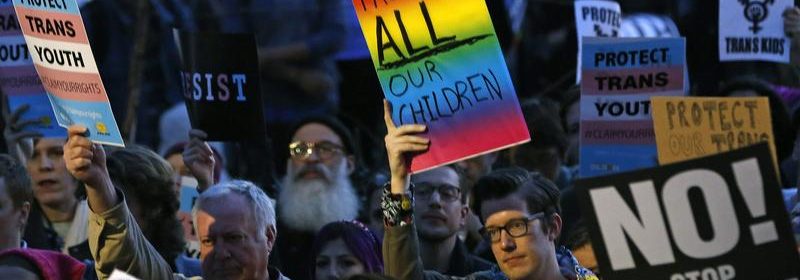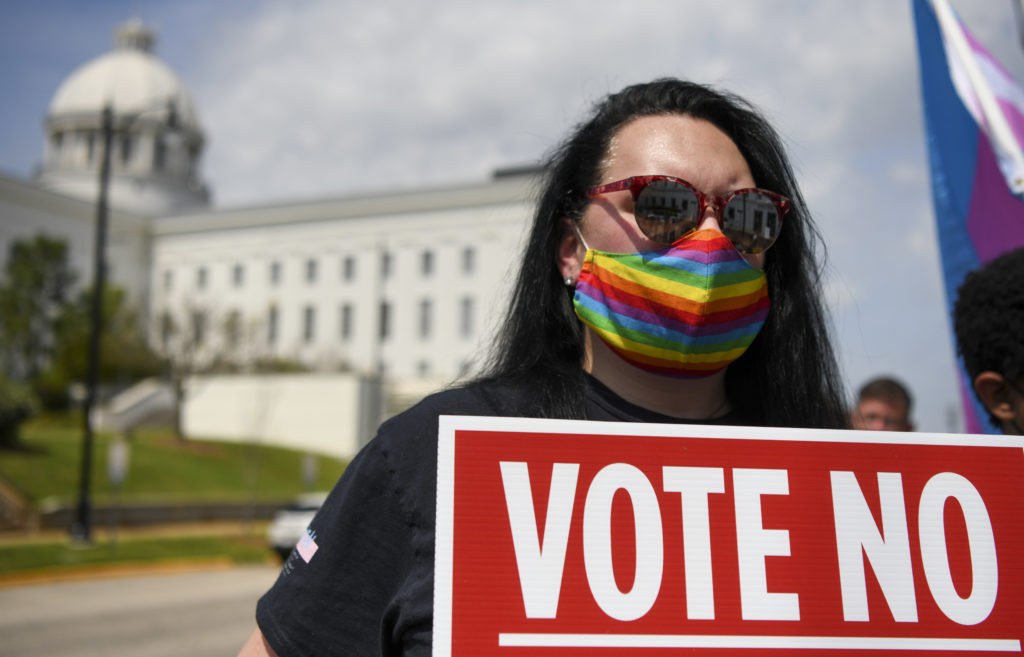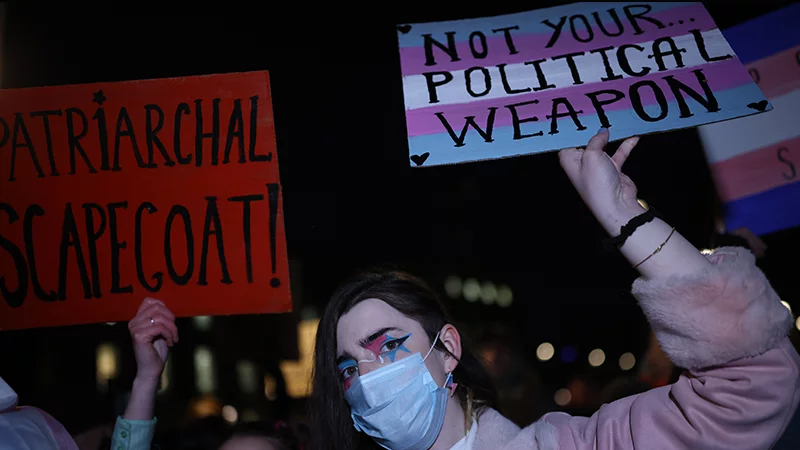Transphobia in politics: fears grow ahead of upcoming elections in Europe

European Foreign Policy has warned that disinformation involving sexual identity stereotypes could be used in foreign campaigns aimed at interfering in the upcoming June elections.
Disinformation and threats: the impact of political rhetoric on LGBTI rights in Europe
A study by human rights organization ILGA-Europe has found an increase in the level of “hate speech” directed at the LGBTI community community in various European countries. Over the past year, such statements have been recorded from politicians hailing from 32 European nations, encompassing 19 members of the European Union. The organization’s advocacy director, Catherine Hoogendubel, emphasized the rise in homophobic language,particularly noticeable in EU countries, and expressed concern that this also affects children. “Politicians demonize the LGBTI community while using the argument of protecting children from perceived danger. This leads to incidents of violence near libraries and schools where children should feel safe,” she said.

As per the ILGA-Europe findings, there has been an increase in the use of “scare tactics” against transgender people to limit their ability to participate in sex education for minors. In addition, gay pride parades are becoming increasingly frequent targets of hostility. Human rights activists are warning of the dangers of using anti-transvestite and anti-gay narratives to spread misinformation leading up to the elections for the European Parliament. With projections that conservatives and the far right could win significant numbers of seats, such efforts could have a major impact on the political environment.
Marc Angel, vice-president of the European Parliament and co-chair of the 161-member cross-factional LGBTI group, expressed his concern about the spread of hate speech among politicians, including his observations of parliamentary sessions. “I am often taken aback by the statements I hear in the plenary sessions that I chair,” he said in an interview with Euronews. “If elected officials employ such language, then obviously ordinary people will also use it,” he added. “We should be conscious of the existence of an anti-gender movement receiving upport from various parties, and we must resist their propaganda efforts,” Angel stressed.
The use of homophobic rhetoric in the European political arena
Catherine Hoogendubel, director of advocacy at ILGA-Europe cautions that European elections are set in a “more polarized and violent climate”, noting that the very basic values and standards on which the European Union was built are coming into question. “Respect for human dignity and rights, liberty, democratic principles, equality, and legal governance – all these principles are being tested,” she explained. “The topic of human rights, including LGBTI rights, is increasingly becoming the object of manipulation by far-right forces with the aim of inciting divisions in society, undermining democratic principles and the principle of legal governance and human rights.

In May of the previous year, Igor Matović, the former Prime Minister of Slovakia and later Finance Minister, drew criticism for his comments regarding a peaceful demonstration organized by LGBTI activists. He stated, “Nowhere have I encountered such a gathering of primitive, arrogant, vulgar, and reprehensible individuals as among these transgender activists. We must shield our children from these ‘individuals’.” In July of the same year, Hungarian Prime Minister Viktor Orbán accused the European Union of forsaking its Christian legacy in favor of “hedonistic paganism.” According to him, LGBTQ+ people are conducting “gender campaigns” against Hungary.
ILGA has expressed the view that such statements contribute to an increase in the number of physical attacks: only one EU country has not recorded a single hate crime against members of the LGBTQ+ community over the past year.
